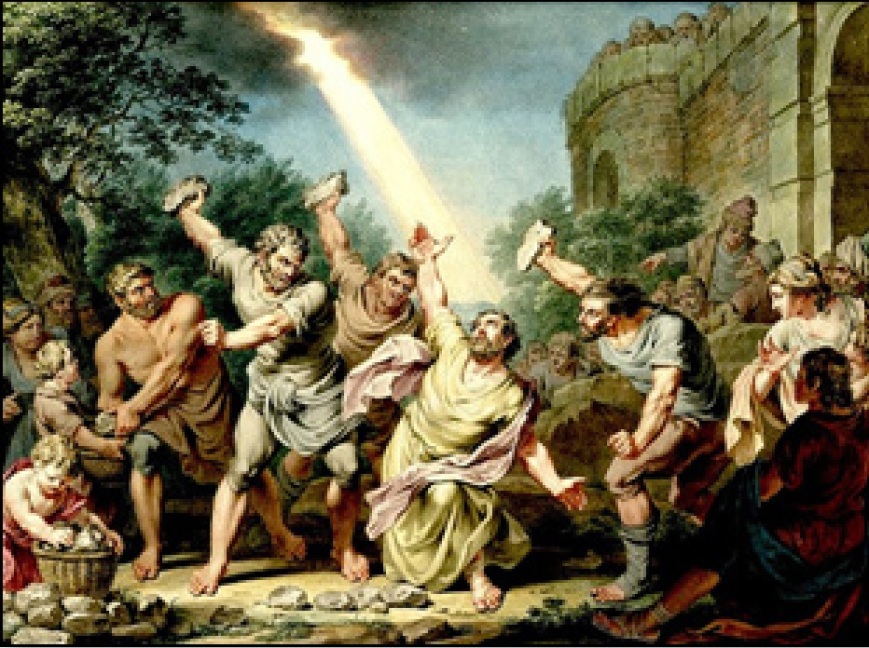Acts 17:9-10 But some of them became obstinate; they refused to believe and publicly maligned the Way. So Paul left them. He took the disciples with him and had discussions daily in the lecture hall of Tyrannus. This went on for two years, so that all the Jews and Greeks who lived in the province of Asia heard the word of the Lord.
There are those who make the decision to become a rock in your shoe. Often, they are searching for prominence and affirmation that has been lacking, so they go on the attack. Other times, they cannot assume the humility that is required to walk with Jesus, aligning it with human shame, which is a very bad mistake.
The one being led of the Lord in life becomes subject to their scorn and the life-giving message is cast as foolishness or worse.

Paul’s response was to simply leave and go somewhere else.
He spoke for two years in the lecture hall of Tyrannus! Given his pedigree of scholarship and academic theological acumen – the guy loved to teach – that would be the equivalent of graduate study at a seminary, the absolute finest training one could receive. Students can spend multiple semesters studying just one of his letters. Those in Ephesus received the letter itself, spelled out and expounded upon by the author himself.
And his audience was not a contentious group of aspiring graduate students, it was the common Greek folk of Ephesus. They would bear great fruit for Jesus and become arguably the strongest church outside of Jerusalem. Yet they would also need to have their love restored later (see Revelation 2:1-7).

There is no need to put up with abuse. That extends way beyond preaching and teaching the Word, but it is particularly true when the discipleship of God’s people is going on, and I would argue discipleship happens in all kinds of places and circumstances.
Also, the fruit borne by giving one’s gifts with abandon far exceeds the investment of time and energy. When there is an open door, if one is measured in giving, the church is cheated out of part of its inheritance, for Jesus did not give a toe or finger for the church, he gave his life’s blood and entire body surrendered on the cross. That bought my salvation; may it inspire my giving all.





